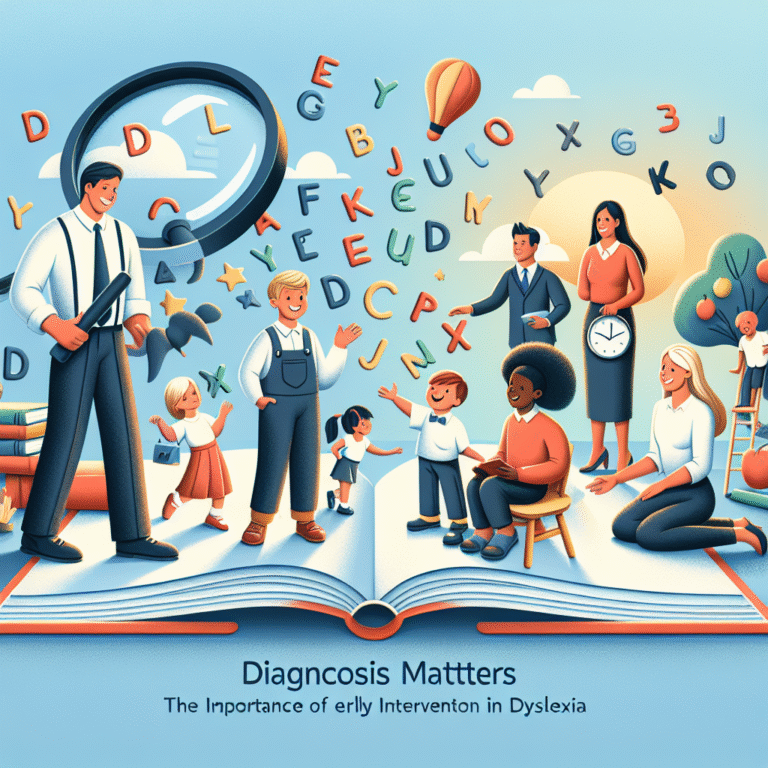
Introduction
In our fast-paced, constantly connected world, quality sleep often feels like a luxury we can’t afford. Stress, anxiety, and the relentless demands of our daily lives can sabotage our nighttime rest, leading to a cascade of negative effects on our physical and mental well-being. But why is sleep hygiene so critical? The answer lies not just in the number of hours we sleep, but in the quality of that sleep and how our psychological habits can vastly improve or impair it. This article dives deep into Sleep Hygiene: Psychological Tips for a Restful Night’s Sleep, arming you with essential insights to optimize your sleep experience.
Understanding Sleep Hygiene
What is Sleep Hygiene?
At its core, sleep hygiene refers to a collection of practices that are conducive to sleeping well on a regular basis. It encompasses environmental factors like light, noise, and temperature, but equally important are the psychological elements—your thoughts, stress levels, and daily habits. Understanding this duality lays the foundation for improving your sleep.
The Importance of Psychological Factors
Did you know that your mindset before bedtime plays a pivotal role in the quality of your sleep? High levels of stress or anxiety can trigger a cycle of sleepless nights. The psychological aspect of sleep hygiene delves deep into how our emotional and mental states influence our ability to fall and stay asleep.
Building a Sleep Hygiene Routine
1. Establish a Consistent Sleep Schedule
Why It Matters
Going to bed and waking up at the same time each day helps regulate your body’s internal clock, making it easier to fall asleep and wake up refreshed.
Case Study: The College Student
Take the example of Sarah, a college sophomore. She began going to bed at the same time every night, even on weekends. Within weeks, Sarah noticed that she fell asleep faster and woke up less groggy. Her grades even improved due to increased focus and energy—clearly demonstrating the power of a consistent sleep schedule.
2. Create a Relaxing Bedtime Routine
Power of Routine
A calming pre-sleep routine sends signals to your brain that it’s time to wind down. This can include reading, meditative practices, or gentle stretches.
Tools to Consider:
| Relaxation Technique | Description |
|---|---|
| Guided Meditation | Use apps like Calm or Headspace. |
| Deep Breathing | Practice inhaling for four counts, holding for four, and exhaling for four. |
| Journaling | Writing down thoughts can clear your mind. |
3. Limit Exposure to Screens
The Blue Light Factor
The blue light emitted by smartphones, tablets, and computers disrupts melatonin production, one of the hormones responsible for sleep regulation. Turn off screens at least one hour before bedtime.
Data Insight
Research indicates that individuals who limit their screen time report a 20% improvement in sleep quality.
Addressing Psychological Barriers to Sleep
4. Manage Stress and Anxiety
Stress Management Practices
Cognitive Behavioral Therapy (CBT) can be effective for those dealing with insomnia and heightened anxiety. Techniques such as reframing negative thoughts can also work wonders.
Case Study: The Corporate Executive
John, a marketing executive, was struggling with chronic insomnia due to work stress. Through CBT, he learned to reframe his thoughts about work deadlines, leading to improved sleep within weeks.
5. Create a Comfortable Sleep Environment
Impact of Surroundings
Tempering your bedroom’s environment ensures it’s conducive to sleep. This includes your mattress, pillows, and room temperature.
Checklist for Optimal Sleep Environment:
| Element | Ideal Condition |
|---|---|
| Mattress | Firm yet comfortable |
| Pillow | Supportive and adjustable for your sleep style |
| Temperature | Cool, ideally around 60-67°F |
Nutrition and Sleep
6. Be Mindful of What You Eat and Drink
Food Impacts Sleep Quality
Certain foods and drinks can positively or negatively affect your sleep. Avoid heavy meals, caffeine, and alcohol before bedtime.
Nutrition Tips:
| Recommended Foods | Description |
|---|---|
| Almonds | Contains magnesium, promoting sleep. |
| Cherry Juice | Naturally high in melatonin. |
| Herbal Tea | Chamomile can act as a natural calming agent. |
7. Consider Sleep Supplements Wisely
Supplements as Support
If you’re struggling, consider melatonin or magnesium supplements—after consulting with a healthcare provider.
Mindfulness and Sleep
8. Implement Mindfulness Practices
Mindfulness Techniques
Mindfulness meditation can reduce anxiety and ruminate thoughts, making it easier to slip into a sleep state.
Simple Mindfulness Exercise:
- Find a comfortable position.
- Focus on your breath.
- Let thoughts drift away as you concentrate on inhaling and exhaling.
9. Visualization Techniques
Awaken the Imagination
Guided imagery or visualization can help distract you from stress and preoccupations.
Conclusion
The road to a restful night’s sleep doesn’t have to feel daunting. By integrating these Sleep Hygiene: Psychological Tips for a Restful Night’s Sleep, you can reclaim the restful slumber you deserve. It’s not just about clocking hours but transforming those hours into rejuvenating experiences for your mind and body. Start small, incorporate these strategies, and watch how they unfold into a more vibrant, energetic life.
FAQs
1. What is sleep hygiene?
Sleep hygiene refers to practices that help you achieve better sleep quality, including routine, environment, and psychological habits.
2. How can I improve my sleep quality?
Establish a consistent sleep schedule, create a calming bedtime routine, and limit screen time before bed.
3. Can anxiety affect my sleep?
Yes, anxiety can significantly impact your ability to fall and stay asleep. Techniques like CBT can help manage this.
4. Are there foods that promote better sleep?
Yes, foods like almonds, cherry juice, and herbal tea can promote better sleep.
5. How important is the sleep environment?
Your sleep environment is crucial; it should be cool, dark, and comfortable to encourage restful sleep.
Embracing these Sleep Hygiene: Psychological Tips for a Restful Night’s Sleep is a step toward both mental and physical well-being. Remember, quality sleep is essential for a fulfilling life; begin your journey to better sleep today!












